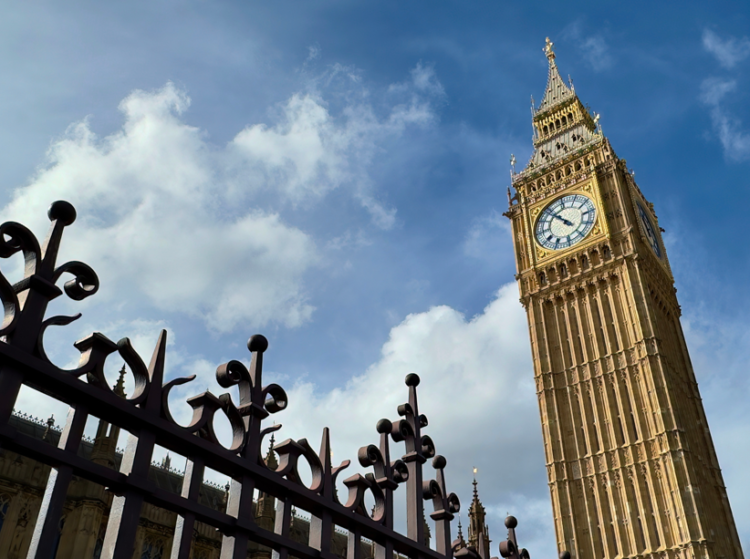The government has said it will repeal the Strikes (Minimum Service Levels) Act 2023 in its first 100 days as part of its Employment Bill changes, which were trailed in the King’s speech in July.
Criticising the existing legislation, the government said it unduly restricts workers’ rights and undermines good industrial relations. It said that no employer has used the legislation and it has not helped to resolve a single strike.
The costs of unresolved industrial action can be high. NHS walk outs cost the taxpayer £1.7 billion last year, according to the department for business and trade, which also said that many other sectors are seeing strike costs and impacts to public services.
Repeal of minimum service levels
Today (6 August, 2024), deputy prime minister Angela Rayner and business secretary Jonathan Reynolds have written to the government departments with sectors most impacted by strikes to state that this government does not support minimum service levels (MSL) and intends to repeal the legislation. These departments include education, health, transport, the home office, energy, and the Welsh and Scottish governments.
The ministers have also written to all 12 metro mayors as they will need to engage with local employers about this change and help reset relations.
Home office ministers are also writing to the four Border Force trade unions to confirm the government’s intention to repeal MSL legislation. The letter is expected to say that the home office will no longer be using border security MSL.
Industrial relation reset
Rayner said: “Attempting to clamp down on the fundamental freedom of working people has got us nowhere and this was targeted at sectors who dedicate their lives to serving us all.
“That’s why we’re scrapping this pointless law and creating a new partnership between business, trade unions and working people through our new deal.”
She said that repealing this legislation is the first part of the government’s plan to reset industrial relations so they are fit for a modern economy.
‘More strike days lost than France’
Reynolds said: “The strikes act has not worked – unbelievably the UK has lost more days due to strike action than France, costing the taxpayer billions of pounds, and these divisive laws haven’t resolved a single strike since they were introduced.
“By removing MSL, we will reset industrial relations, so they are based on good faith negotiation and bargaining, ending the chaos and restoring trust in public services. This is about restoring politics as public service, ensuring government acts to fix problems not cause them.”
He added: “No employer has used MSL, and they have not resolved any strikes – and only inflamed tensions. Companies should continue to look for alternative mechanisms to solve disputes through negotiation.”
Cost to the NHS
Health and social care secretary Wes Streeting said: “This act failed to resolve devastating strikes which led to cancelled operations and cost the NHS billions. But this government engaged meaningfully with the BMA Junior Doctors’ Committee from day one, and agreed an offer in just over three weeks – paving the way to end strikes.
“Scrapping minimum service levels marks another significant step in resetting relationships with staff, as we fix the broken health service.”
Employer body support
The CIPD supported the repeal of MSL strike rules.
Rachel Suff, senior policy adviser for employment relations at the CIPD, said: “When it was first proposed, we expressed concerns this law would not enhance employment relations or protect the public and that it could undermine trust between trade unions and employers. Good employment relations start with collaboration and partnership, and we support the repeal of this legislation which many employers had raised concerns about.
“Repealing this legislation was a key pledge in Labour’s manifesto, so it’s not surprising to see the government move quickly. However, with a big new employment bill planned, the government needs to look at its reforms holistically and consult fully to ensure it has a full understanding of the wide-ranging implications for workplaces.”












